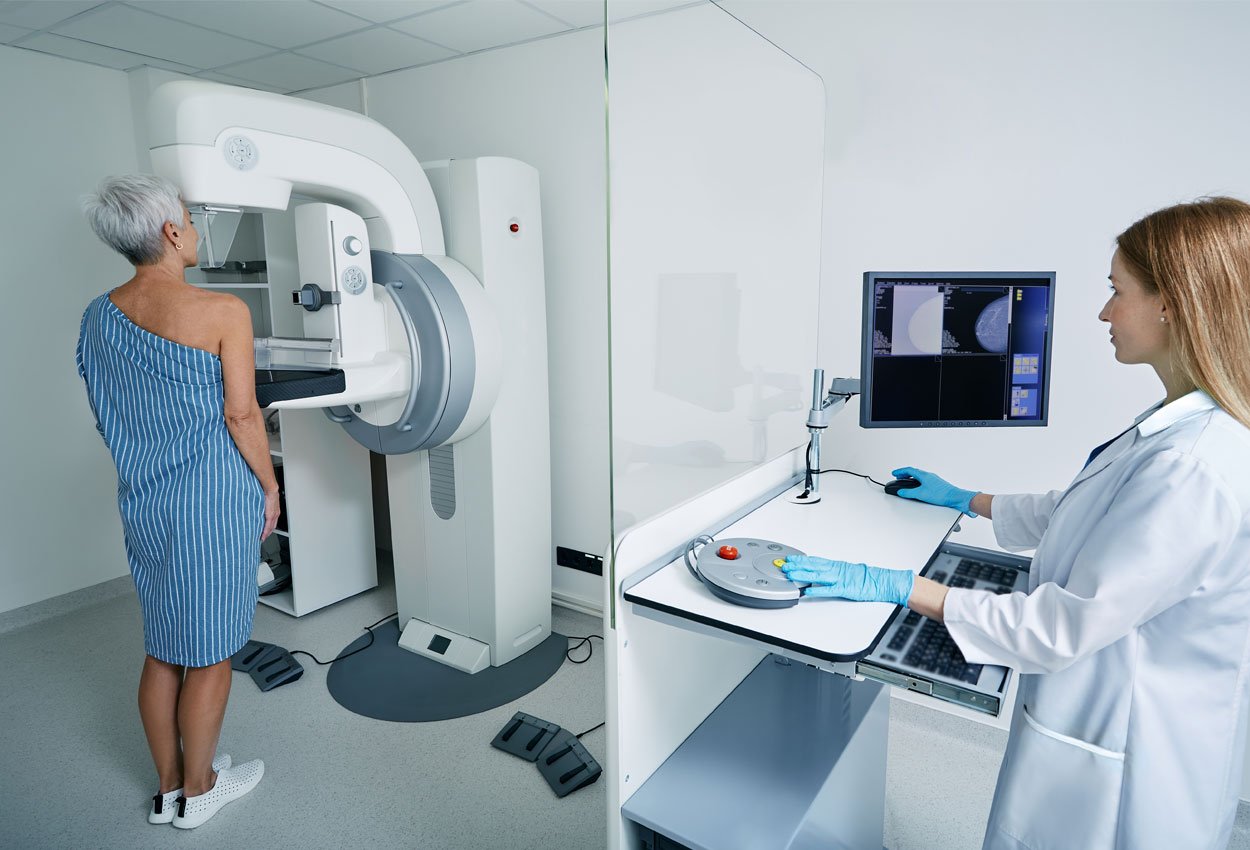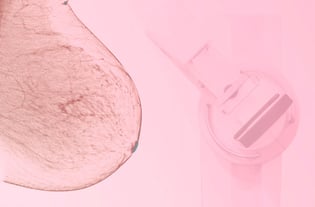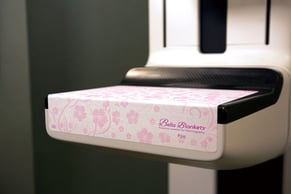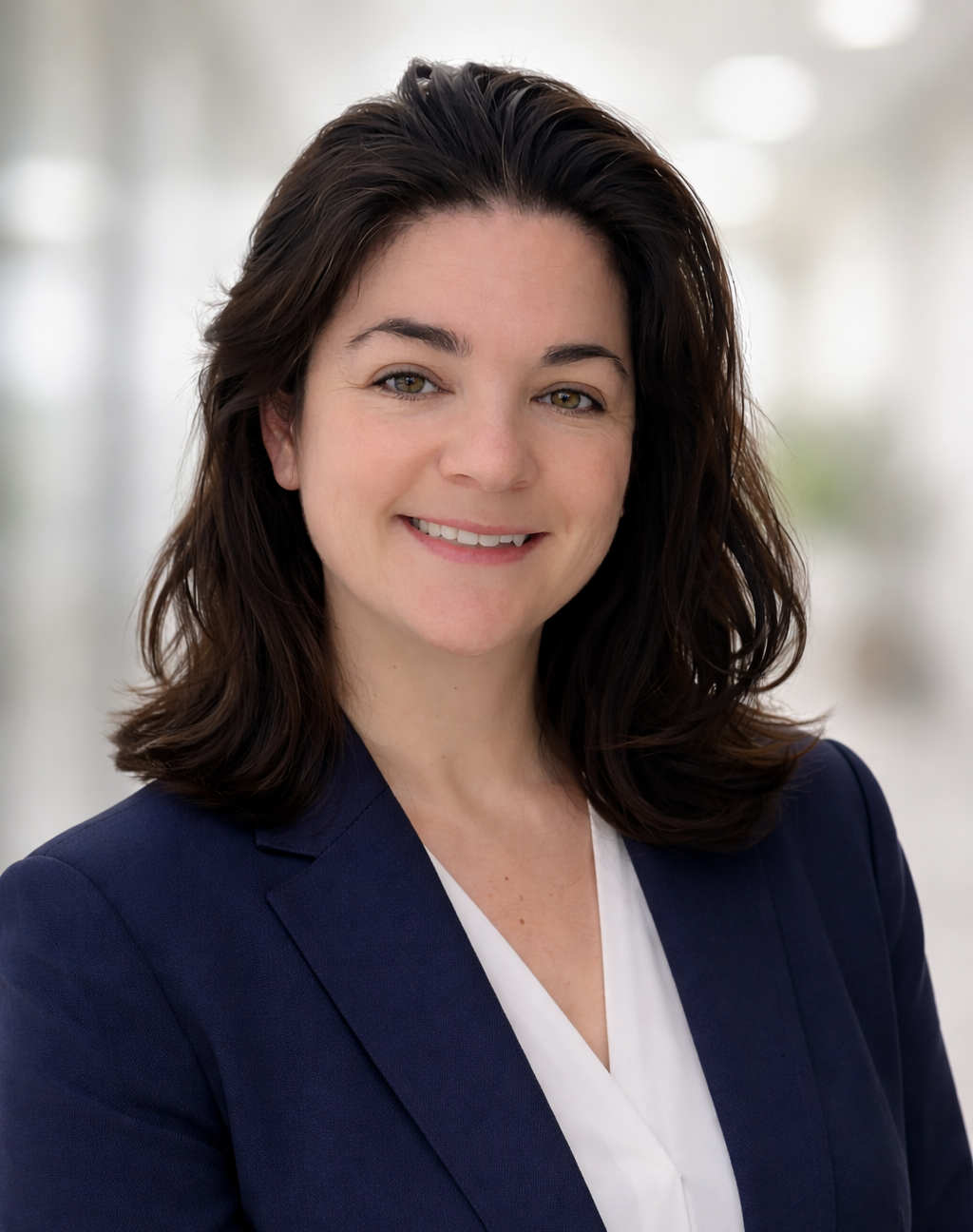
In 2018, we published the blog “ Skin Tears in Mammography Happen…But Do They Have to?”. Almost six years after its publication, we are still receiving feedback and comments on it!
Unfortunately, those comments do not have the most positive sentiments when it comes to the experiences that these patients have had when it comes to their mammograms and subsequent skin tears.
“I had a mammogram done today (07/13/22) and this time was more painful than all the others. The compression was painful. I went on with my day feeling sore. During my shower, I felt a sting underneath and looked in the mirror and saw deep tears under both breasts, but deeper under the left one. Shocking and in pain.”
“As soon as my mammogram was completed on my right side, I told the tech that my skin was torn. She looked at it and said, 'Oh, there’s no blood, so it’s okay.' Not everything has to bleed to be a bad wound. I don’t know if I want to go back to a center where the techs are not compassionate.”
These quotes come directly from mammogram patients…but do they have to?
Skin tears can be the result of multiple situations. Moisture under the breast, thin skin caused by old age or certain medications, a patient pulling away too quickly after the compression is lifted, or simply having larger/heavier breasts.
None of these scenarios are anyone’s “fault,” but the discomfort a patient feels when they discover the skin tear can have lasting effects on their breast health and indirectly the imaging facility where their mammogram was performed.
In fact, in a recent study of 788 women, almost 11% of respondents said that they wouldn’t return for another mammogram at all in the future as a result of the skin tear and just under 19% said that they delayed their next mammogram for a period of time.
The health consequences of putting off screening mammograms
 Delaying, or discontinuing to get mammogram screenings could be detrimental and lead to a late-stage breast cancer diagnosis or even dying from cancer. In a second study, that compared women who get yearly mammograms to those who go biannually, it was discovered that 44% of women that go biannually were diagnosed with stage 2 or higher breast cancer and tended to have larger cancers.
Delaying, or discontinuing to get mammogram screenings could be detrimental and lead to a late-stage breast cancer diagnosis or even dying from cancer. In a second study, that compared women who get yearly mammograms to those who go biannually, it was discovered that 44% of women that go biannually were diagnosed with stage 2 or higher breast cancer and tended to have larger cancers.
These statistics alone are harrowing and have a direct effect on the patients, but surveys also show how skin tears can affect imaging centers as well. Just over 16% of women from the first survey, said that they switched imaging facilities entirely due to a skin tear. It was also mentioned in one comment we received from our 2018 blog.
Negative perception of care affects the bottom line
For any business to thrive, customers or in this case patients are crucial. Having the number of patients who visit your facility decrease, also decreases your overall profitability. It is essential to keep patients happy and returning.
On a lesser scale, in a time that 45% of healthcare workers are reporting suffering from workplace burnout and 44% are somewhat likely or very likely to look for a new job, imaging facilities cannot take the chance of adding additional tasks and burden to their staff due to the paperwork/reporting of a skin tear as well as the tending of the wound if it is found in the office, or calling the patient to follow up.
A simple tool to help reduce skin tears, improve patient satisfaction
 Bella Blankets® protective coverlets help reduce the likelihood of skin tears by providing a sanitary barrier between the patient’s breast and the mammography equipment. This prevents the breast from sticking to the plate after compression.
Bella Blankets® protective coverlets help reduce the likelihood of skin tears by providing a sanitary barrier between the patient’s breast and the mammography equipment. This prevents the breast from sticking to the plate after compression.
The smooth fabric-like texture of the Bella Blankets coverlet allows the technologist to move their hands easily under the breast during positioning and helps hold the breast in place during compression to help further reduce the likelihood of tearing.
If you are interested in reducing the likelihood of skin tears for your patients, contact your Beekley Medical Account Manager at 1.800.233.5539 or email info@beekley.com to ask about a trial evaluation for your imaging center.

Megan Sargalski
Marketing Communications Specialist
